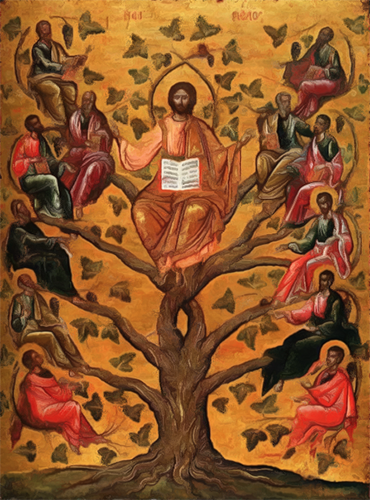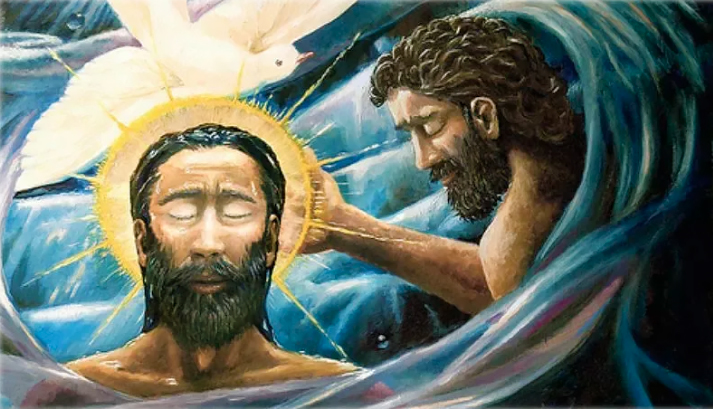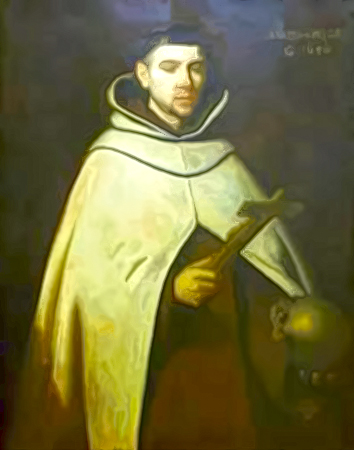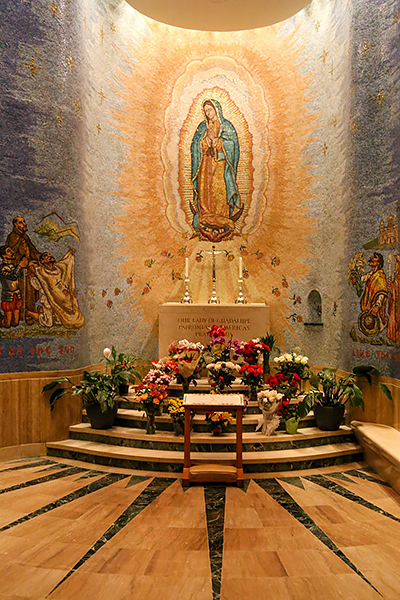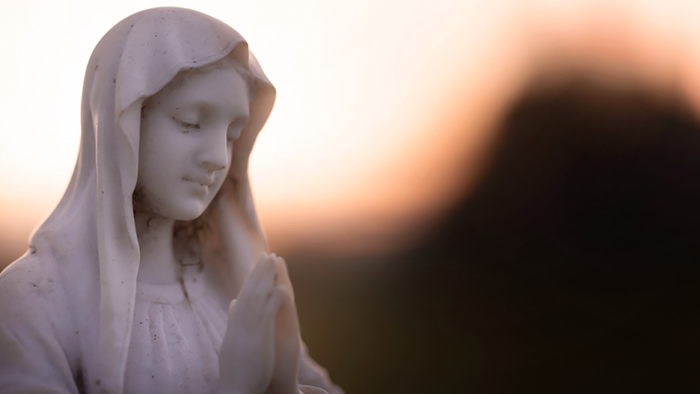
How do we maintain the belief that God came down from heaven, took on human flesh, conquered all suffering, and altered the course of human history? Fr. Ron Rolheiser writes that it isn’t easy to believe amidst all the evidence that seems to contradict it, but its credibility is contingent upon it being correctly understood. Christmas is not a magical event, a Cinderella story without midnight. Rather, its very center speaks of humiliation, pain, and forced fleeing, which is not unlike that being experienced by millions of refugees and victims of injustice on our planet today. The Christmas story mirrors the struggle that’s being experienced within our own world and within our own tired hearts. Incarnation is not yet the resurrection. Flesh in Jesus, as in us, is human, vulnerable, weak, incomplete, needy, painfully full of limit, and suffering. Christmas celebrates Christ’s birth into these things, not his removal of them. Christ redeems limit, evil, sin, and pain. But they are not abolished. Given that truth, we can celebrate Christ’s birth without in any way denying or trivializing the real evil in our world and the real pain in our lives. Christmas is a challenge to celebrate while still in pain. The incarnate God is called Emmanuel, a name which means God-is-with-us. That fact does not mean immediate festive joy. Our world remains wounded, and wars, strikes, selfishness, and bitterness linger. In the words of Avery Dulles: “The incarnation does not provide us with a ladder by which to escape from the ambiguities of life and scale the heights of heaven. Rather, it enables us to burrow deep into the heart of planet earth and find it shimmering with divinity.” George Orwell prophesied that our world would eventually be taken over by tyranny, torture, double-think, and a broken human spirit. To some extent, this is true. We’re far from being whole and happy, still deeply in exile. However, we need to celebrate Christmas 2024 heartily. Maybe we won’t feel the same excitement we once felt as children when we were excited about tinsel, lights, Christmas carols, special gifts, and special food. Some of that excitement isn’t available to us anymore. But something more important is still available, namely, the sense that God is with us in our lives, our joys, and our shortcomings. The word was made flesh. That’s an incredible thing that should be celebrated with tinsel, lights, and songs of joy. If we understand Christmas, the carols will still flow naturally from our lips.

